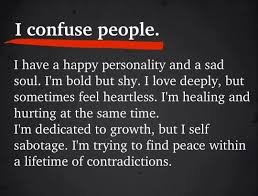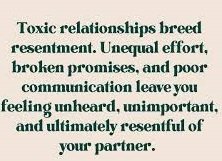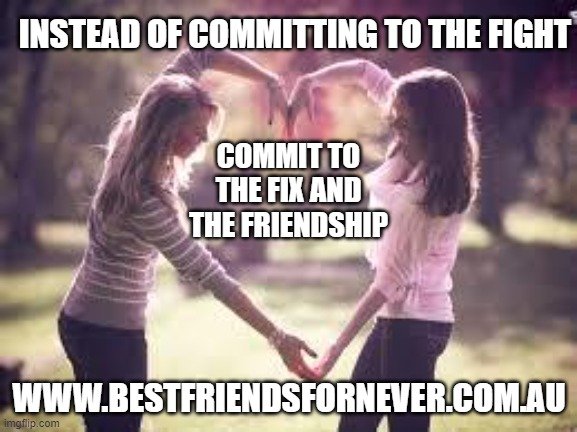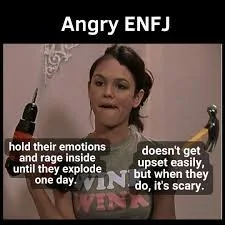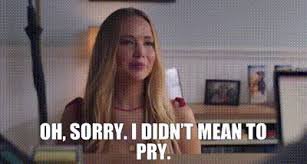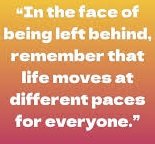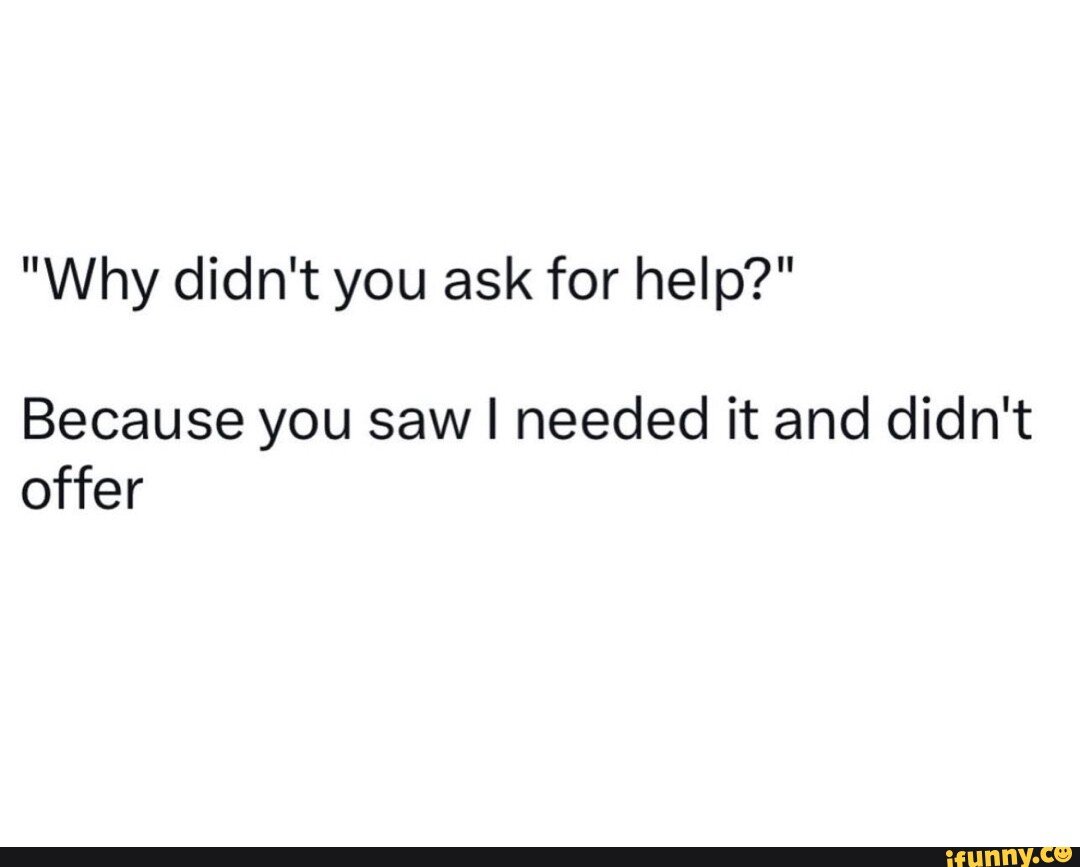A few weeks ago, I was sitting around the dinner table with some friends discussing our male partners, as female friends so often do. Most of my friends seemed dissatisfied with the quality of their relationships with their husbands, fiances or boyfriends, due to the lack of intimacy. Some women were craving acts of physical intimacy, from affection, to flirtatious touch or sexual connection. However when we delved deeper into their motivations, they were typically craving some sort of validation or reassurance of love from him.
Many men relate to women intimately through sex alone. It is known to be one of their main love languages, so therefore it stands to reason that when a woman is feeling distance emotionally in her relationship with her male partner, she will seek for him to demonstrate his love for her in this manner. That said, the typical reason she is feeling distance in the first place is a lack of intimacy, and this seems to be at the root of the disconnect. Women provide their male partner the sexual intimacy at times as a bandaid or perhaps as a bid for emotional intimacy and connection. However they are often left disappointed when as a result he feels loved and secure and continues to ignore her need for emotional togetherness. Classically this often ends in the woman refusing to meet his need for sexual connection in frustration to his seeming lack of interest in meeting her emotional needs.
I am sure this is not shocking news to anybody, as it is a tale as old as time. I noticed that the lack of emotional intimacy with their partners really unsettled them and made them unhappy, and I began to ponder if my own expectations of my own husband are too low? Perhaps because I have experienced and am capable of romantic love with female partners, I always accepted a man could not and would not meet this need. This need for emotional closeness is something I have seen time and time again in female friendships. Even the simple act of getting together around the dinner table and expressing what we are really thinking and feeling, what is really happening behind the scenes of our lives is an act of closeness. Were my friends unhappy because they were expecting more of their partners than was possible?
Typically, I used the opportunity to reiterate my point, that partnered or single, straight or gay (or anywhere in-between) monogamous or polyamorous, friendship was the answer. That we could meet each other’s needs in this regard, if we would only make friendships as high a priority as we do all the other relationships in our lives. One friend in particular, who is enduring a relationship breakdown, was completely onboard with the idea and swearing off men for life. As someone I have been trying to convince for years that her friends could meet her emotional needs and she didn’t need a man to do it, I admit I felt victorious.
So, when I caught up with another close friend and I relayed my victory, I was surprised to hear her question the validity of my point. “Your friends are disappointed with their partners not meeting their need for emotional intimacy” she continued, “and you are not upset with your partner because this is a need you expect your friends to meet?” she asked. “Yes!” I smiled enthusiastically. “But isn’t it also true that you are often disappointed with your friends when they fail to meet this need?” She was presenting a valid point.
Thinking on this for a moment, I concluded that yes, she was correct that I was often let down by a friend who was not meeting my emotional needs, but this was most often because I knew she could meet them. In most cases the friend in question was meeting a set of needs for a time, before she stopped meeting them, and that is what would cause me distress. Regardless, her point was still clear. The fact is that our needs for emotional intimacy are often exhausting for the person or people we expect to meet them and the flaw is perhaps more the expectation than the need.
So while I might be right in my assessment of my marriage, being that I am happier at home due to my lack of expectations of emotional closeness there, placing the burden of expectation on my friends was really also imbalanced. Perhaps I could be happier in my friendships if I also expected less of them too?
I don’t think expectations of intimacy are really conscious, it’s just that as humans we are wired for connection and we go about meeting those needs through our relationships with others. And so we walk around searching for intimacy, asking for it, giving it in hope of receiving it in return, and even demanding it when it is not forthcoming. What my dear friend was pointing out, was essentially that we should take it and enjoy it from wherever we find it, and however long it lasts, and then go searching for it elsewhere when it fades.
Just as men demanding sex from women to meet their needs is a turn off, me demanding intimacy from people who no longer felt able or willing or comfortable offering it was equally off putting. It was more than likely a self fulfilling prophecy whereby I chase away the one thing I desire. So while I thought this post was going to end up saying that we need to balance our intimacy expectations more equally between friends, family and partners, actually the answer seems to be to just go where the love flows.
To think of intimacy like a set of waterfalls. Some where the water trickles slowly but consistently. A very thirsty person could not satiate their thirst with just that one source, but screaming at it for more water will have little effect. Another waterfall may gush for a short time then dry up while another may drip inconsistently. And we all just have to walk along, drinking the water and enjoying its purity where we find it then move along to where there is more further up the track. Some that have run dry may replenish over time, given the time and space to do so, while others may dry up for good. But the answer is always to not rely on only one source and to always be open to more sources so as not to run any singular one dry….
❤ Love,
Your Best Friend ForNever
xx


















